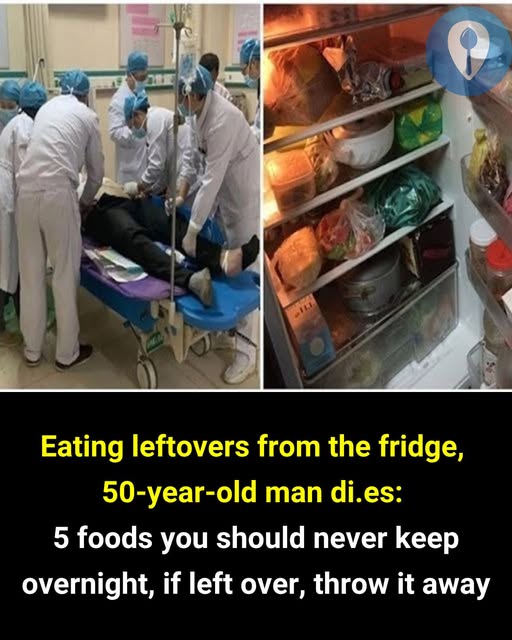- Soy-Based Products (Tofu, Tempeh, Soy Milk)
Soy items are packed with protein and moisture, creating the perfect environment for bacteria if mishandled. Without proper refrigeration, there’s a small risk of harmful bacteria like Clostridium botulinum developing—especially in opened containers. Always store soy products below 4°C (39°F), use clean utensils, and consume them within 24 hours of opening. - Soft-Boiled or Poached Eggs
That runny yolk may taste delicious, but it’s also more vulnerable to bacteria like salmonella. Soft-cooked eggs don’t hold up well in the fridge, and reheating won’t always kill harmful germs. To be safe, eat soft-boiled or poached eggs right after cooking. If you plan to store eggs, hard-boiled ones are a much safer option. - Cooked Seafood and Shellfish
Seafood spoils faster than most other proteins. Once cooked, fish and shellfish should be eaten within eight hours and always kept on ice or tightly sealed in the coldest part of the fridge. Improper storage can cause toxins like histamine to build up—especially in tuna or mackerel—leading to unpleasant reactions. If the seafood smells overly “fishy,” it’s best not to take the risk.
Smart Storage Tips for Safer Leftovers
Keep your fridge at or below 4°C (39°F).
Use shallow, airtight containers to help leftovers cool quickly.
Label food with the storage date and time.
Reheat only once, and always bring food to 74°C (165°F) before eating.
Leftovers can be both safe and satisfying, but a little caution goes a long way. By knowing which foods require immediate attention, you protect your health—and make every bite more enjoyable.

